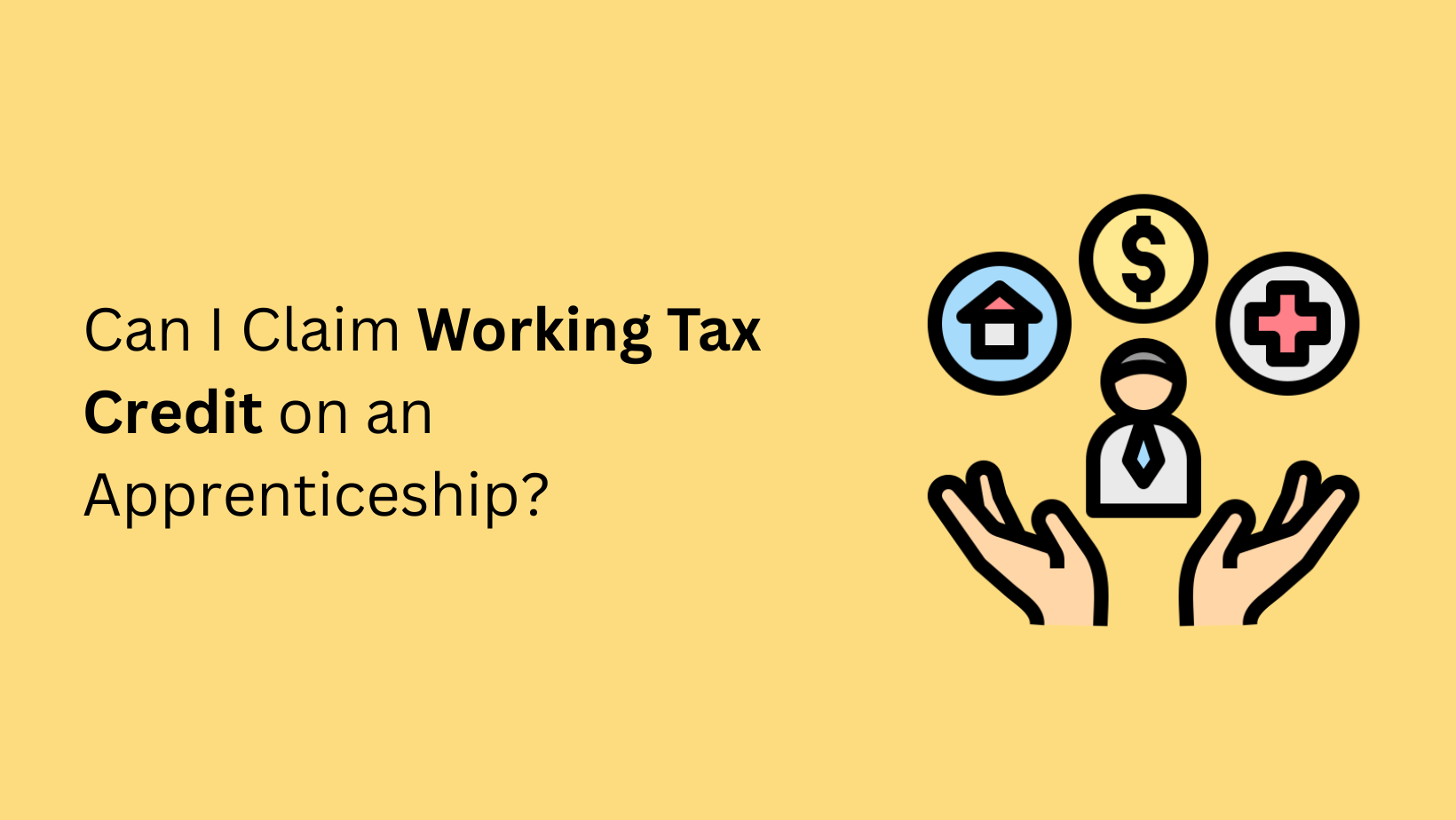Apprenticeships are an excellent way to gain practical skills and knowledge while earning a wage. However, you may wonder, “Can I claim working tax credit on an apprenticeship?”
Working tax credit is a financial support system offered by the government to assist individuals on low incomes or with certain work-related expenses. If you are considering an apprenticeship, you may wonder whether you can claim working tax credit.
This article will explore the eligibility criteria, requirements, and relevant information regarding claiming working tax credit on an apprenticeship.

Understanding Apprenticeships
An apprenticeship is a work-based training program that combines on-the-job learning with theoretical knowledge. It allows individuals to gain valuable skills, experience, and qualifications in a specific trade or profession. Apprenticeships are available in various industries, including construction, healthcare, IT, finance, and more.
Eligibility for Working Tax Credit
You need to meet certain eligibility requirements to determine if you can claim working tax credit while undertaking an apprenticeship. These criteria include:
- Age: You must be 16 years or older.
- Income: Your income should be below a certain threshold the government sets. The amount varies based on your marital status, number of children, and whether you have a disability.
- Working hours: You must meet the minimum working hours requirement. You are considered an apprentice employee, and your working hours should align with the guidelines provided by your apprenticeship program or employer.
- Residency: You must be living in the United Kingdom.
- Immigration status: You should have the legal right to work in the UK.
Apprenticeship Earnings and Working Tax Credit
When calculating your eligibility for working tax credit, the government considers your earnings, including any income from your apprenticeship. However, there are certain exemptions and rules specific to apprenticeships:
- Apprentice Minimum Wage: Apprentices are entitled to the apprentice minimum wage, which is lower than the standard minimum wage for other workers. The lower wage reflects that apprentices are still learning on the job. However, this lower wage does not affect your eligibility for working tax credit.
- Work-Related Expenses: You may be eligible to claim tax relief on work-related expenses incurred during your apprenticeship, such as travel costs or purchasing necessary tools or equipment. These expenses can be considered when determining your income for working tax credit.
- Employer Support: Your employer may provide additional financial support during your apprenticeship. This support is separate from working tax credit and should not affect your eligibility for the benefit.
How to Claim Working Tax Credit on an Apprenticeship
Contact HM Revenue and Customs (HMRC) to claim working tax credit. You can do this by phone or by visiting the official HMRC website. The HMRC will guide you through the application process and assist in determining your eligibility.
It is important to keep accurate records of your income, expenses, and working hours, as you may be required to provide evidence to support your claim. Additionally, inform the HMRC if there are any changes in your circumstances, such as an increase in income or a change in working hours.
Summary
You may be eligible for working tax credit if you are considering an apprenticeship and have a low income. The government provides this financial support to help low-income individuals cover their living costs. Ensure to meet the eligibility criteria, keep accurate records, and contact HM Revenue and Customs for guidance on the application process.
